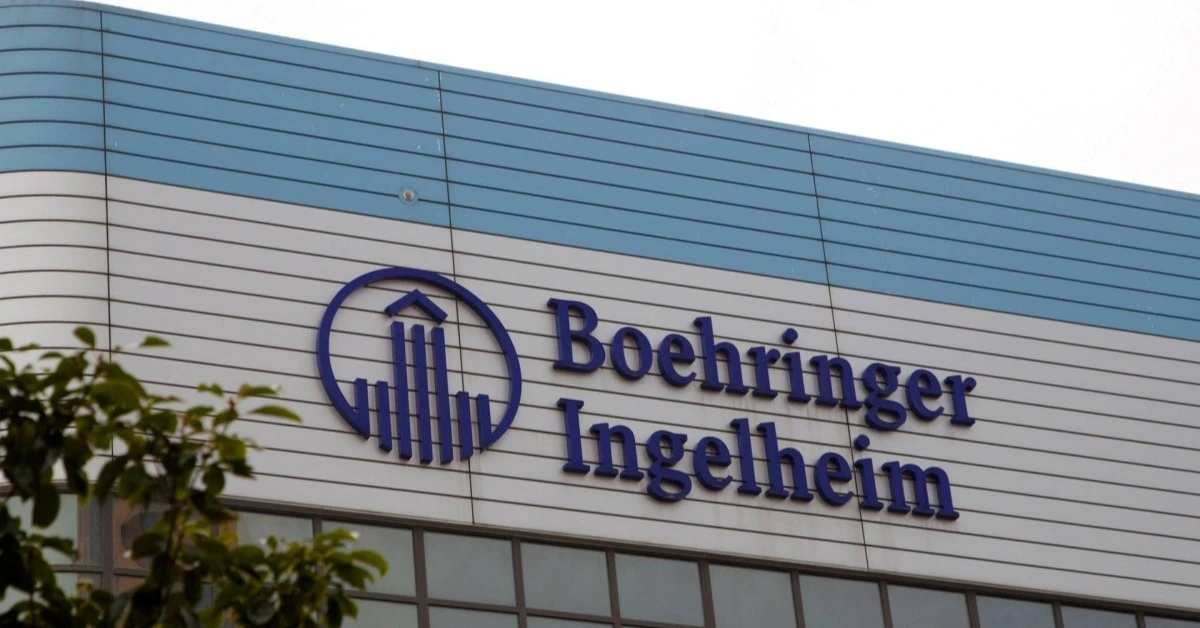
GERMANY – Boehringer Ingelheim has halted development for an obesity drug, BI 1820237, in partnership with Gubra, as revealed in a press release on October 31.
This decision comes at a time when more than 1 billion people worldwide live with obesity, a condition projected to affect 24% of the global population by 2035.
Obesity is a significant risk factor for numerous cardiovascular, renal, and metabolic (CRM) diseases and is linked to several types of cancer, making it a leading cause of death worldwide.
Despite initial optimism surrounding the partnership, which began in 2017 with a commitment of up to €250 million (US $300 million), Gubra has not provided further details on the reasoning behind the decision to discontinue BI 1820237.
This drug targets neuropeptide Y receptor type 2, differing from the GLP-1 agonist drugs currently dominating the obesity market.
The drug had recently completed a phase 1 trial involving 124 participants, designed to evaluate its potential to mitigate gastrointestinal side effects often associated with GLP-1 medications, which include nausea and vomiting.
However, reports indicated that 39% of trial participants experienced gastrointestinal side effects with BI 1820237, prompting concerns over its tolerability and effectiveness compared to existing treatments.
Other ongoing projects
While the development of BI 1820237 has been halted, Gubra continues to pursue three other projects within this collaboration with Boehringer Ingelheim.
These include two preclinical assets and a potential first-in-class triple agonist that is currently in phase 1 trials.
Boehringer is also collaborating with Zealand Pharma on the glucagon/GLP-1 receptor-targeting drug, survodutide, which demonstrated a promising 19% weight loss in a phase 2 trial last year.
The drug is now undergoing evaluation in two phase 3 obesity trials, representing another potential breakthrough in the fight against obesity.
Competitive landscape of obesity treatments
The landscape of obesity treatments has become increasingly competitive, particularly with the success of GLP-1 receptor agonists like Novo Nordisk’s semaglutide and Eli Lilly’s tirzepatide.
Semaglutide, marketed under the brand name Wegovy for obesity management and Ozempic for diabetes treatment, has gained significant attention for its efficacy, showing an average weight loss of 15-20% among users.
Semaglutide’s dual action not only aids in weight management but also improves glycemic control in individuals with type 2 diabetes, making it a versatile option for healthcare providers.
Eli Lilly’s tirzepatide, a novel dual GLP-1 and GIP receptor agonist, is another contender in the obesity market.
In clinical trials, tirzepatide has demonstrated impressive results, with participants achieving an average weight loss of 5% to 15% at higher doses.
Its unique mechanism of action targets multiple pathways involved in appetite regulation and metabolic health, positioning it as a potential game-changer in obesity management.
With the increasing prevalence of obesity and its associated health risks, the success of these drugs has intensified the focus on developing new therapies.
The competition among pharmaceutical companies is expected to drive innovation and research, leading to more treatment options for patients.
Corporate reputation and future outlook
In a positive turn for Boehringer Ingelheim, the company was recently recognized as a leader in corporate reputation among patient advocacy groups focused on cardiovascular health.
This accolade, from the inaugural cardiovascular edition of PatientView’s “corporate reputation of pharma” series, highlights the company’s commitment to improving patient outcomes alongside its ongoing efforts in obesity treatment.
XRP HEALTHCARE L.L.C | License Number: 2312867.01 | Dubai | © Copyright 2025 | All Rights Reserved